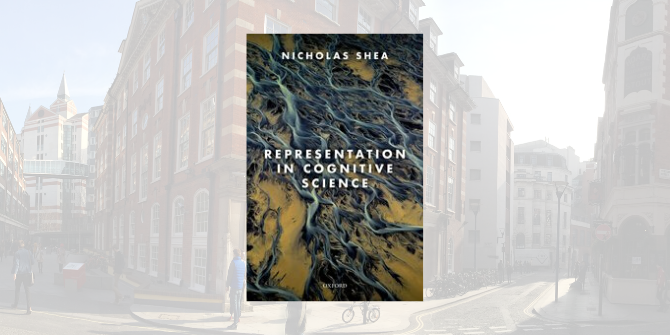LSE is pleased to announce the winner of the 2020 Lakatos Award.
The London School of Economics and Political Science (LSE) is pleased to announce the winner of the 2020 Lakatos Award, which goes to Nicholas Shea for his book Representation in Cognitive Science (Oxford University Press, 2018).
The Lakatos Award was made possible by a generous endowment from the Latsis Foundation, in memory of the former LSE professor Imre Lakatos. It is administered by an international Management Committee, which is organised from the LSE but entirely independent of LSE’s Department of Philosophy, Logic and Scientific Method. The Committee decides the outcome of the Award competition on the basis of advice from an anonymous panel of selectors who produce detailed reports on the shortlisted books.
The prize winner will receive their Award and deliver their prize lecture at the LSE at a time and location to be confirmed later. The lecture will be open to the public.
Representation in Cognitive Science is praised by selectors as “a blockbuster of a book” and “a landmark study”. Its argument is acclaimed to be “original in interesting ways, without losing touch with the existing literature” and the book is reported to be “well-written and convincingly argued”. This is all the more important given that “the problem is a really difficult one, that is arguably the key problem in the philosophy of psychology and cognitive science” and “making a novel contribution in this area, as Shea has done, is no small feat: it requires mastery of a massive and complex philosophical literature, and a deep familiarity with cognitive science, both of which Shea has”. The book is praised for how it “integrates the abstract philosophical arguments with examples and case studies from cognitive science”. For these reasons “the book certainly constitutes a major advance on the problem of naturalizing representational content and is a welcome contribution to the teleosemantic tradition”.
The book is open access and the PDF can be downloaded for free from Oxford University Press’s website.



Connect with us
Facebook
Twitter
Youtube
Flickr